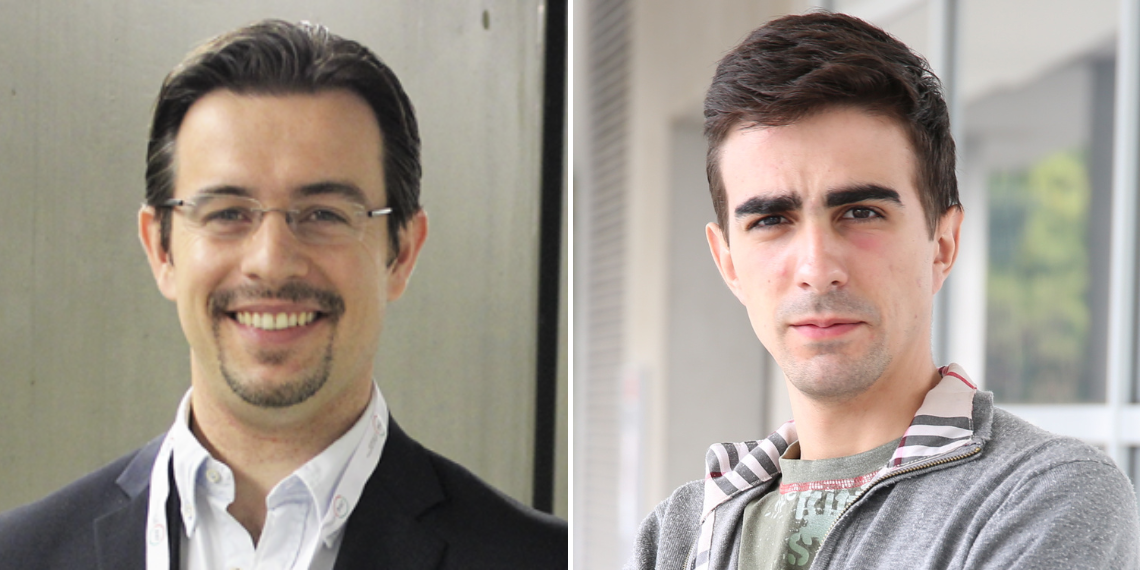By Miguel Coimbra, TEC4Health Coordinator and C-BER Researcher, and Carlos Ferreira, TEC4Health Business Developer and C-BER Researcher
Just a decade ago, today’s famous AlexNet won an international image classification challenge, proving to the international community interested in Artificial Intelligence (AI) research that Deep Neural Networks were viable and very promising. Few imagined that this milestone would launch a true revolution in AI, which quickly spread its application to all sectors. Health was no exception, and AI today is one of the most interesting avenues of technological development in this sector, alongside other better established technological areas like instrumentation, information systems or hospital management supported by technology.
AI today has very different characteristics from a few years ago, which deeply change the stakeholders associated with this technology. Important examples are its accessibility (the number of tools available makes it easy for non-experts to implement AI algorithms), and its strong dependence on annotated data (those who have access to the data achieve the best results). Concerning the Health sector, this greatly increases the relevance of healthcare institutions in the development of these technologies, given their privileged access to data, and how easily healthcare professionals can use the most advanced deep neural network architectures. All this contributes to the current important penetration of these technologies in the sector, with concrete examples, like the recent award granted to IPO Porto for the institution’s use of AI technologies to support colonoscopy examinations (Jornal de Notícias – March 17, 2022)
There are several quite stimulating opportunities in this sector, particularly for research and interface institutes such as INESC TEC. Clear examples are medical image analysis support systems, automatic evaluation of the quality of medical signal and image examinations, disease screening tools operated by non-experts, automatic analysis of medical reports, or hospital logistics management support systems. By analysing research, development and innovation activities within INESC TEC, we can identify several successful cases in these areas: the Gentil project, developed by IPO Porto and INESC TEC, which uses text-mining and NLP (Natural Language Processing) tools to provide structured clinical information and support clinical decision-making in oncology; the Multiscope research line that favoured the launch of a challenge with PhysioNet with the largest public paediatric cardiac auscultation dataset – allowing the scientific community to present proposals for algorithms; or the LUCAS project, focused on the study of lung cancer, leading to a remarkable number of scientific publications and promising results.
The challenges are still very significant for this future to become a reality, and many of them are not technological. Given their increasing complexity, how do we certify AI algorithms as devices or part of medical devices? How will we integrate disruptive technologies into current clinical actions by maximising user acceptance of technology? How will we empower human resources, so they can use these new technologies? How will we evolve health financing models, to make said technologies viable?
There are many opportunities and demanding challenges, but INESC TEC is committed to being one of the many institutions that can build a future where we can have a More Intelligent Health.




 News, current topics, curiosities and so much more about INESC TEC and its community!
News, current topics, curiosities and so much more about INESC TEC and its community!